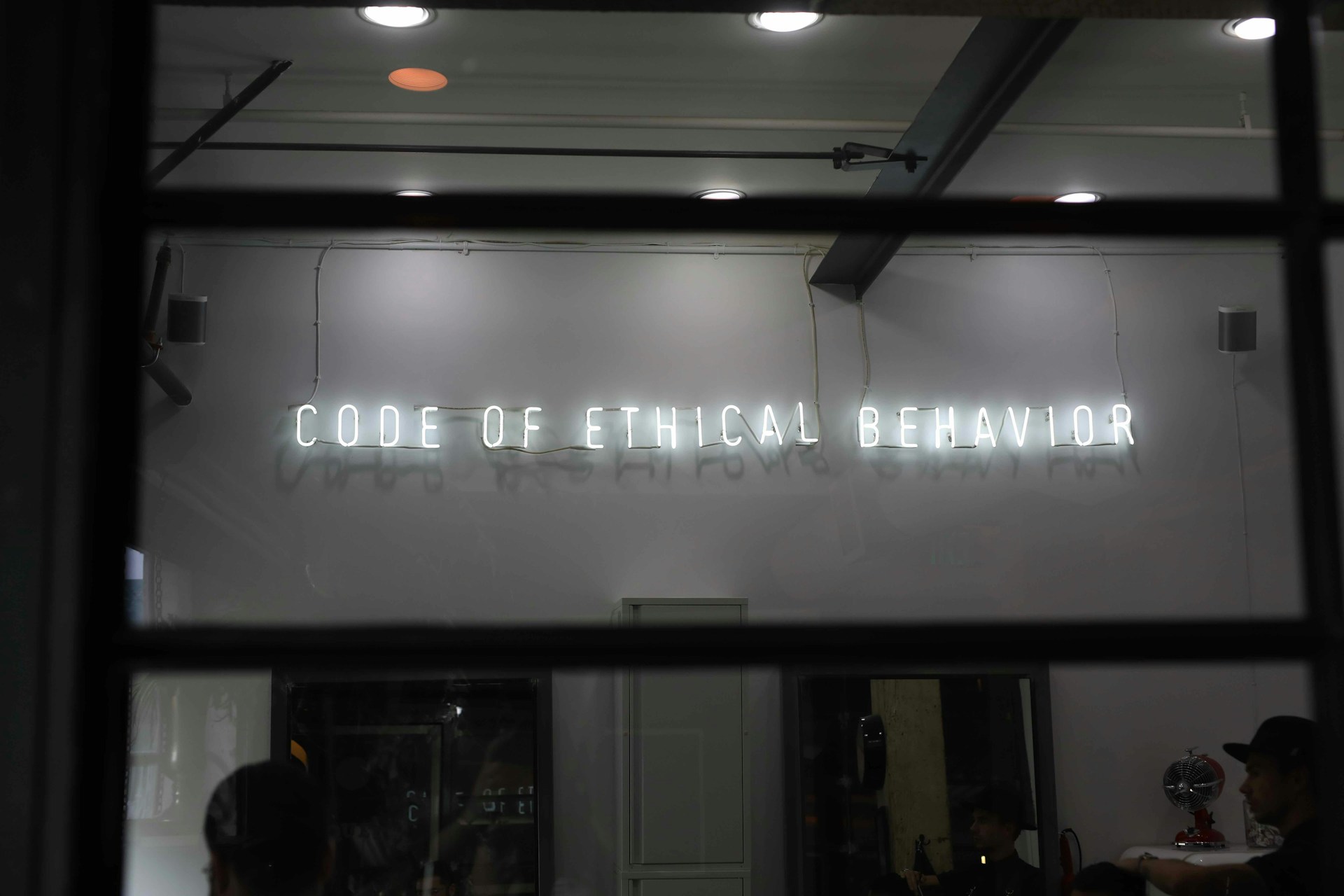You’re doing more than stringing words together when you tell a story. You’re asking for something intangible yet profoundly valuable: your audience’s trust. And trust is fragile.
It’s why ethical storytelling isn’t just a nice-to-have in content marketing. It’s essential. Without it, you have nothing.
If you’re in the business of connecting with people, whether you’re selling farm-fresh produce, handcrafted furniture, or a vision for a better world, the way you build your narrative can either nurture trust or shatter it.
Ethical storytelling means treating your audience not as a target to hit or a demographic to convert but as a community to honor. It’s about being truthful, transparent, and humble in the stories you share. It’s also about changing how you think about your audience. They’re not a commodity. They’re living, breathing, feeling beings who deserve your respect.
Here’s how to do it without compromising your integrity or theirs.
Start with Truth in Content Marketing
Every story you tell has roots, and they should be grounded in reality. That means no embellishing the sustainability of your practices, no glossing over inconvenient truths, and no spinning a tale that’s more fiction than fact in your content marketing. People can smell dishonesty a mile away. It’s also easier than ever for those dirty little secrets you’re trying to sweep under the rug to be brought into the light. Once trust is broken, it’s nearly impossible to rebuild.
For instance, if you’re working on reducing your carbon footprint but haven’t reached your goal yet, say so. Share your progress, your setbacks, and your plans to improve. Transparency doesn’t weaken your story, it strengthens it by showing that you’re real and fallible but committed to growth.
Take a cue from Maine-based Bumbleroot Organic Farm. They’re honest with their customers about their challenges, like unpredictable weather or pests. Instead of hiding these struggles, they weave them into their content marketing narrative, inviting their community to share in the ups and downs of farming life. This kind of honesty deepens the connection between farmer and customer. It’s a partnership, not a transaction.
Getting away from that transactionality is part of divorcing yourself from the commodification mindset and it’s pretty crucial to making real connections with real people.
Speak With, Not At, Your Audience
It’s tempting to use marketing as a megaphone, shouting your message far and wide. You want to be heard. You NEED to be because your business’s future depends on people taking notice. But ethical storytelling isn’t about broadcasting. It’s about dialogue. You’re not just telling your audience a story; you’re inviting them to become part of it.
To do this, you’ve got to listen. What do your customers care about? What questions do they ask? What are their values? When you understand their perspectives, you can create stories that genuinely connect.
Take Civic Roasters as an example. They’re a small coffee company in Vancouver that doesn’t just talk about their ethically sourced beans. They highlight the stories of the farmers they work with, the communities those farms support, and the broader issues of fair trade within their content marketing efforts. But they also ask their customers what they want to know more about! That creates a two-way conversation that makes their storytelling feel personal and inclusive.
Empower, Don’t Exploit
One of the biggest mistakes in content marketing is exploiting stories purely for emotional impact. It’s become so prevalent that most of us don’t think twice about it. It’s that “hook” you need to reel in a prospect, or that tug on someone’s heart to convince them that your brand lines up with their values and that they should support you.
Ultimately, it leaves you feeling manipulated because it’s a ploy, not the truth. Ethical storytelling avoids this by empowering the people and communities in your stories instead of using them. No one wants to be used, so set yourself apart by not doing it.
If you’re talking about the people who grow your food or the environment you’re working to protect, make sure their voices are at the center. Share their perspectives, celebrate their contributions, and reward them for participating.
A great example is Soul Fire Farm in New York. They don’t just highlight their efforts to promote food justice and regenerative agriculture, they amplify the voices of the people they serve. Their storytelling is collaborative, giving agency to the communities they’re uplifting.
Balance Inspiration With Reality
It’s easy to fall into the trap of overselling a perfect picture of your business or cause. But idealized stories can feel hollow, especially when reality doesn’t reflect that ideal image. Ethical storytelling strikes a balance between optimism and authenticity.
It’s okay to inspire your audience. Show them what’s possible when we work together for a better world. But don’t shy away from the hard truths. Acknowledge the challenges you face and the complexities of your work. That’s where the real connection happens, in the messy, human middle ground.
A Story Worth Sharing
When you tell a story ethically, you’re creating something that matters, that transcends mere marketing. You’re fostering trust, building relationships, and honoring the people who make your work possible, as well as the folks who support your business, whether they’re customers or donors. People want to hear, share, and support stories like those.
So, the next time you sit down to write about your business, ask yourself: Is this for me or them? If it’s the latter, you’re on the right track. And if you need help connecting the dots within your content marketing strategy (or creating compelling stories entirely), we can help.
